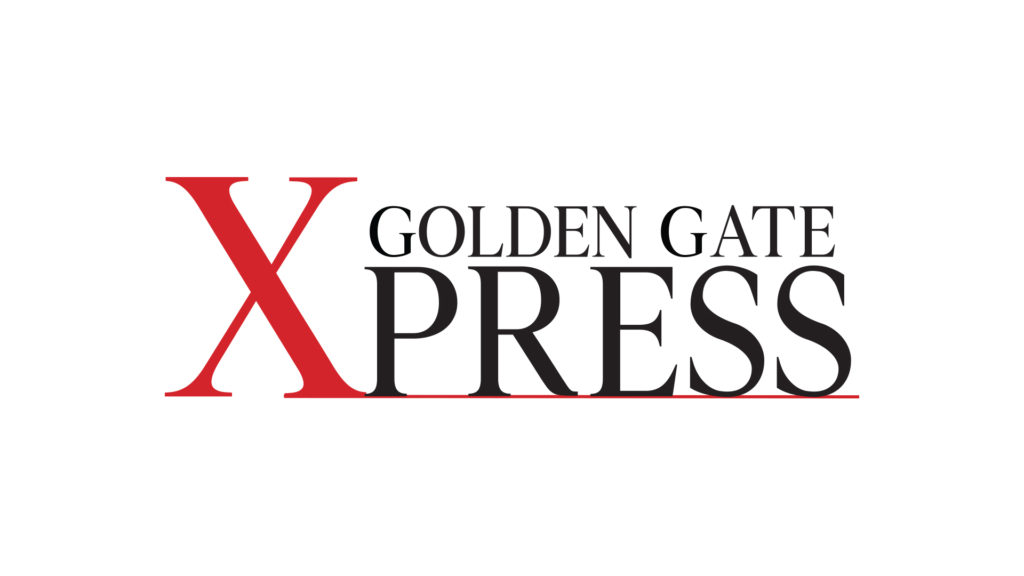Scores of independent contractors across the job spectrum appear days away from becoming redefined as employees and securing better work benefits in California.
State legislators are set to vote on Assembly Bill 5 (AB5), which would grant labor rights and protections to independent contractors while upending the business models of companies reliant on their labor. A vote may take place before Sept. 13 and send the bill to Gov. Gavin Newsom, who declared his early support Labor Day.
“Corporate profits have gone through the roof while worker pay has remained in the basement,” Newsom stated in his own Sacramento Bee op-ed. “Contributing to this imbalance is the misclassification of workers, where companies eager to save on labor costs identify workers as ‘independent contractors’ rather than employees.”
The bill would require employers to use a three-part test when classifying a worker as an independent contractor. They must be free from a company’s direction and control, do zero work outside “the usual course of business” and have already worked independently in the industry they’re being hired in.
If a worker does not meet all three standards, they’re considered an employee, according to the bill. An employer must then pay toward their employee benefits, such as minimum hourly wage, health insurance, Social Security and paid sick leave.
Ride-hail and food delivery giants Uber, Lyft and Doordash have committed $90 million toward funding a ballot measure opposing the legislation if it passes. These companies’ executives in particular have warned that the bill would slim their profit margins and compromise the flexibility they currently allow workers.
Making ride-hail drivers full-time employees would require Uber to establish on-demand employment and hire “far fewer drivers” than currently working for them, Uber said in a statement on Medium.
Uber added that the bill would prompt the company to introduce scheduling, impose rigid shifts and prevent drivers from working for other ride-hail companies.
“If Uber, Lyft, and TaskRabbit treat all of their workers as employees, all that would mean is that those jobs are less available to more people,” said William Evermon, an SF State junior who used to work for TaskRabbit. “At the same time, it’s always good to give guarantee to somebody a minimum wage. It’s always unpredictable how much you’ll make under the current circumstances, and I feel minimum wage does alleviate that in some ways.”
Uber and Lyft executives have shown willingness to compromise with the state senate, but legislators have not publicly reciprocated it.
Three executives from the companies published an opinion piece in the San Francisco Chronicle proposing that they could provide work improvements in place of AB5. They offered paid time-off, retirement planning, lifelong learning, higher pay, better earnings transparency and assistance in creating a driver association to represent driver interests.
Uber drivers averaged $11.77 an hour between 2015 and 2017, earning less than at least 90% of American workers, according to a report by the Economic Policy Institute.
“What we bring and what we’re bringing to the bottom line needs to be factored in in any kind of provision that we get from the company aside from just the hourly wage,” said Rudee Lipscomb, who has worked in marketing as an independent contractor for 15 years.
“We’re taking care of our own overhead. We’re taking our own employment taxes out of it. It needs to be a bit more of a shared solution if companies are going to be using freelancers as much as they’re starting to.”










